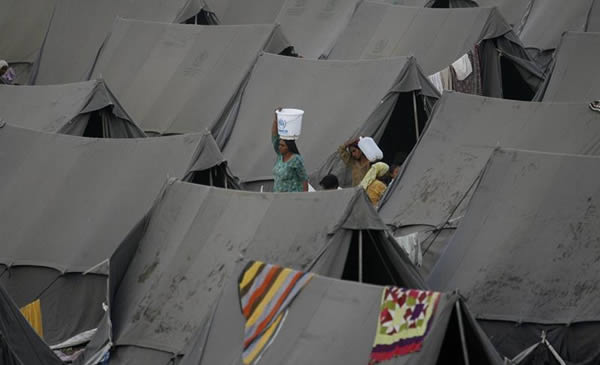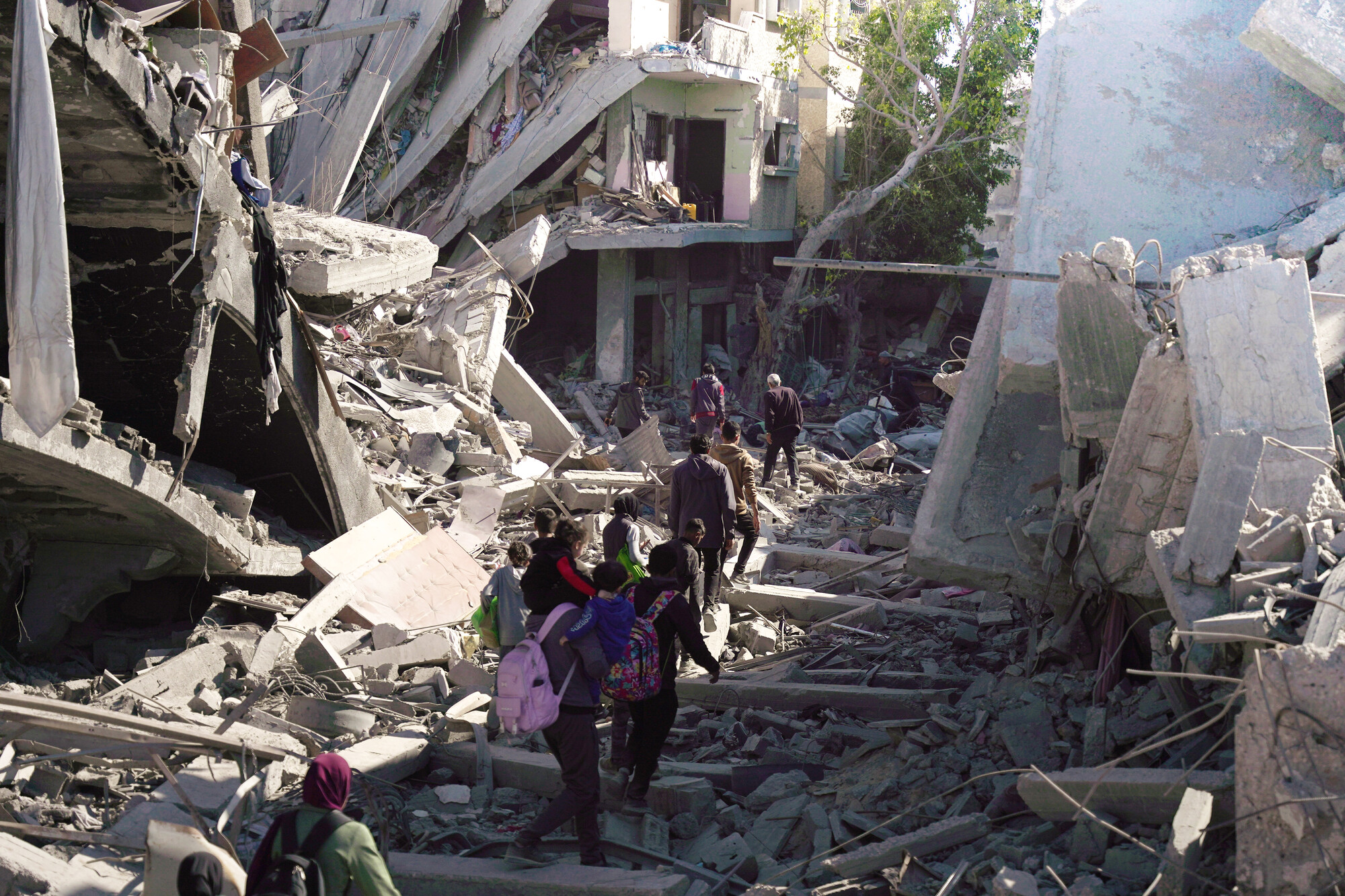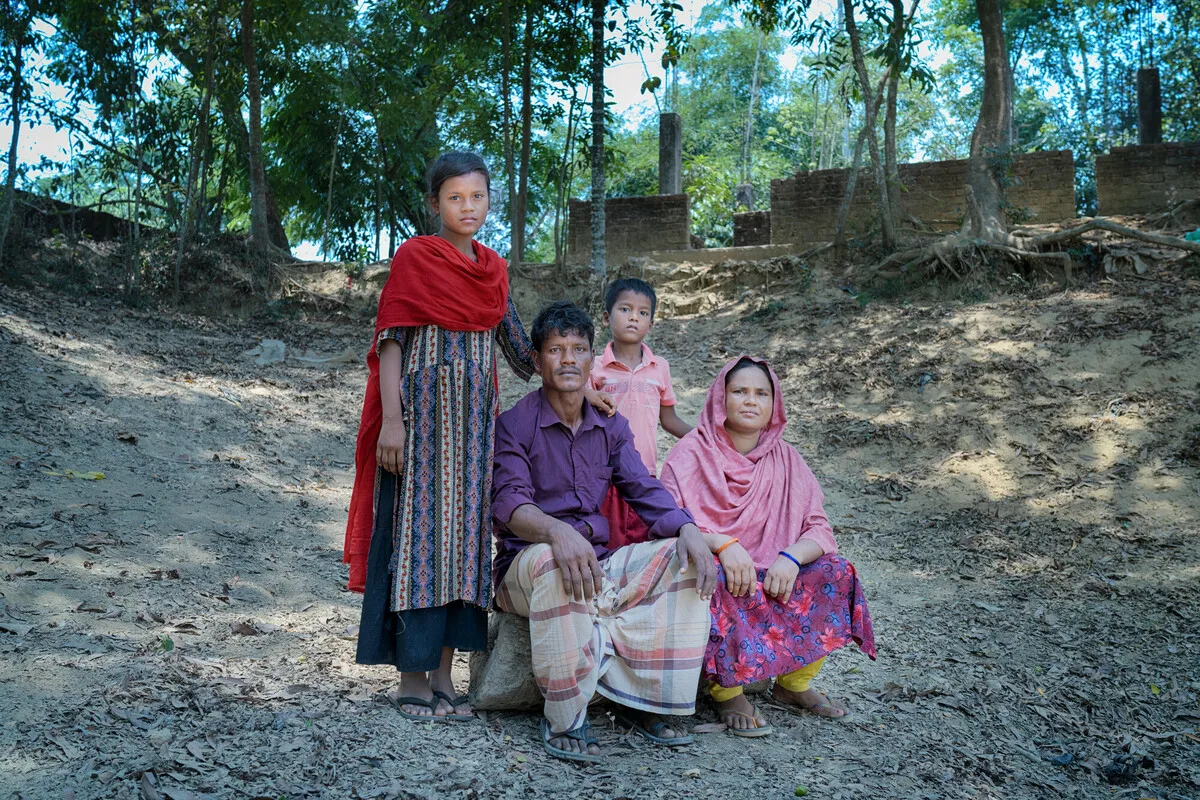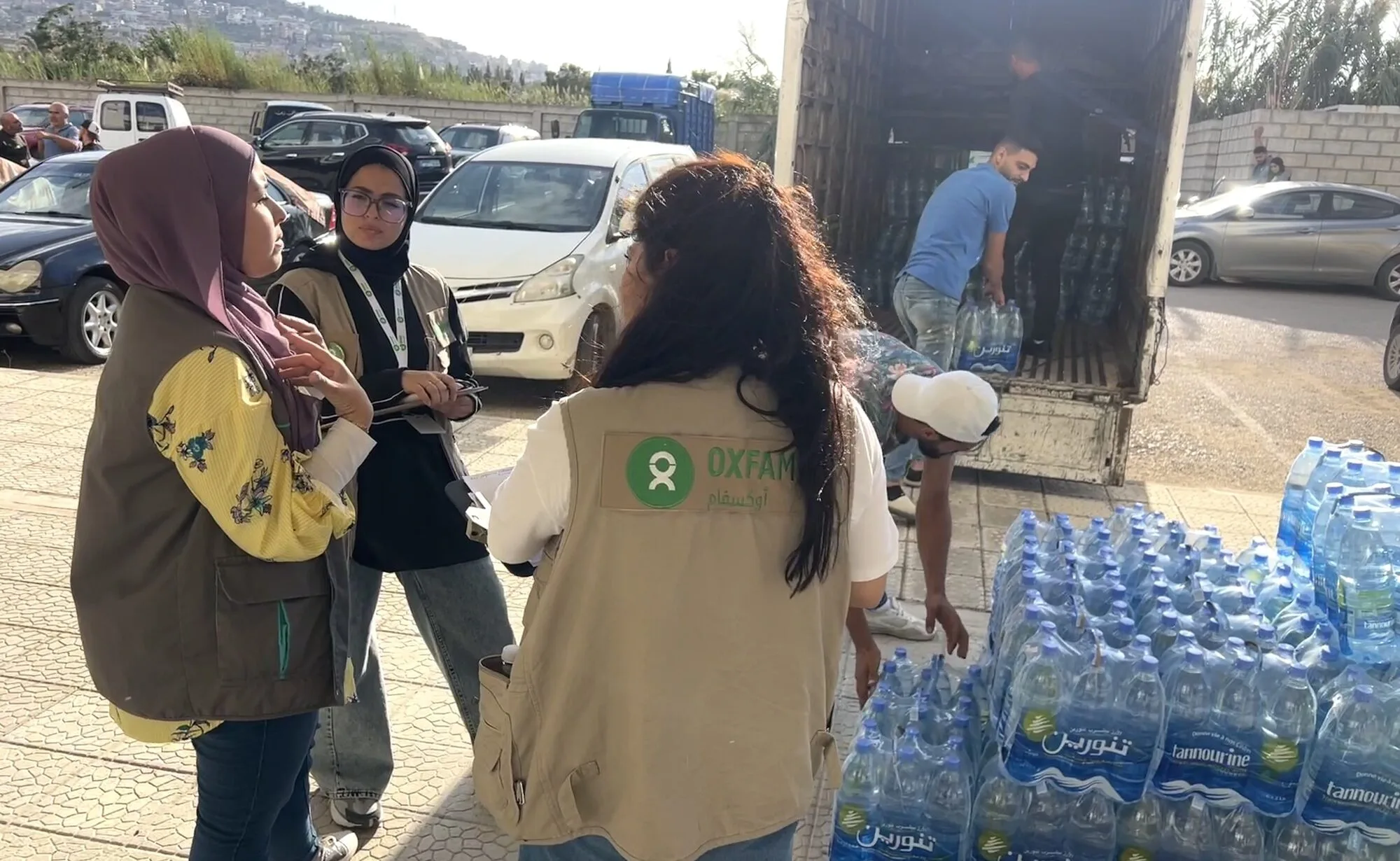The government of Pakistan pays USD $3 billion annually to foreign debt-holders, almost triple what the country spends on healthcare.
At a UN conference in Melbourne this week, Oxfam together with World Vision and Fred Hollows Foundation called for the freezing of Pakistan’s debt – and an increase in aid from the international community to help the flood-stricken nation.
“More than 17 million people are currently affected by flooding in Pakistan. Water-borne diseases like diarrhoea are spreading and the healthcare needs are desperate. Freezing international debt would allow the Pakistan Government to do more to meet this urgent need,” said Oxfam Australia Executive Director Andrew Hewett.
Any funds made available by a debt freeze must by used by the Pakistan government to meet the immediate healthcare and humanitarian needs of its people, stressed World Vision Chief Executive Tim Costello.
The world also needs to step up and give more to help Pakistan, the agencies stressed.
“The UN’s appeal to meet the immediate emergency needs in Pakistan is currently only 64 per cent funded and this appeal was prepared before the full scale of the flooding became clear,” said Brian Doolan, CEO of Fred Hollows Foundation. “International donors do need to provide more funding to help people in Pakistan get the shelter, clean water and food they desperately need.”
Individual donations are also saving lives right now in Pakistan. You can make a difference – donate now to our Pakistan Floods Appeal. (Want to know how exactly your donation will be used? Read more about the floods and Oxfam’s response.)



